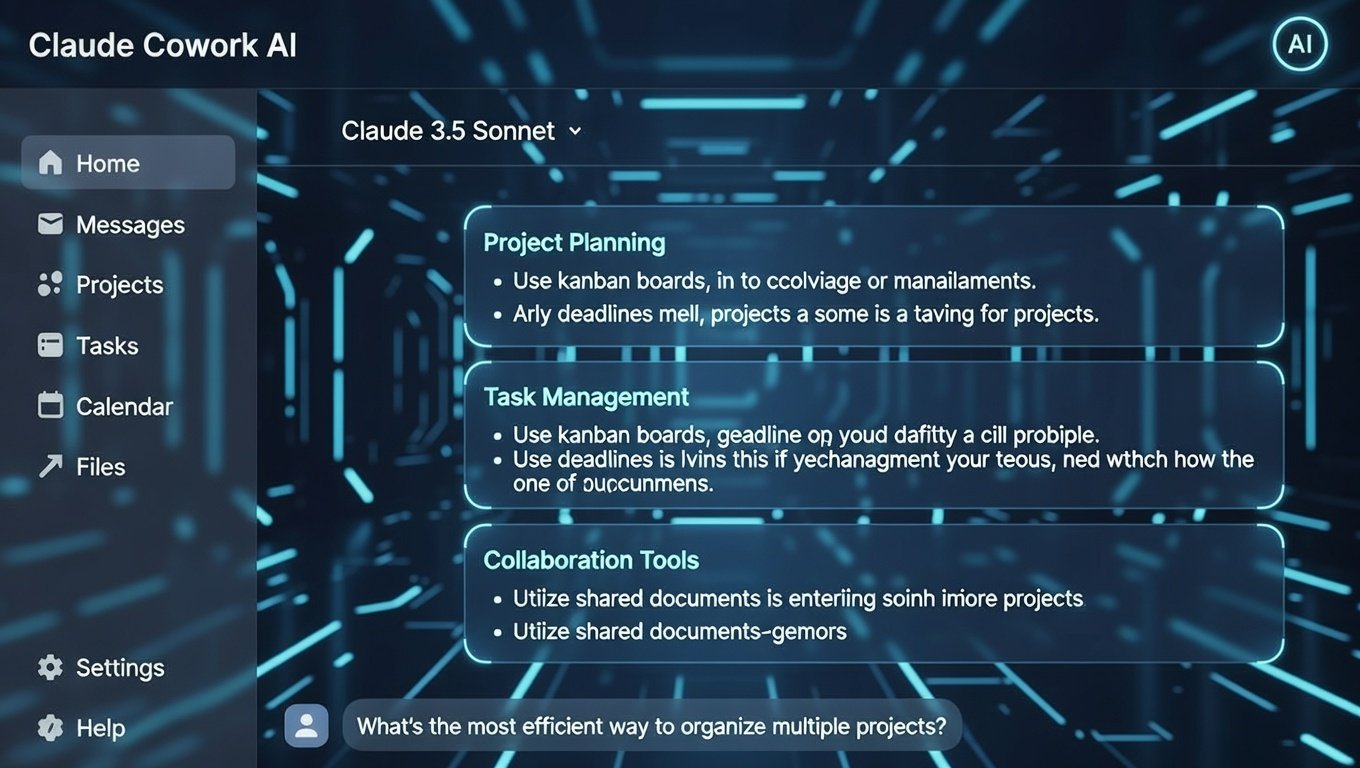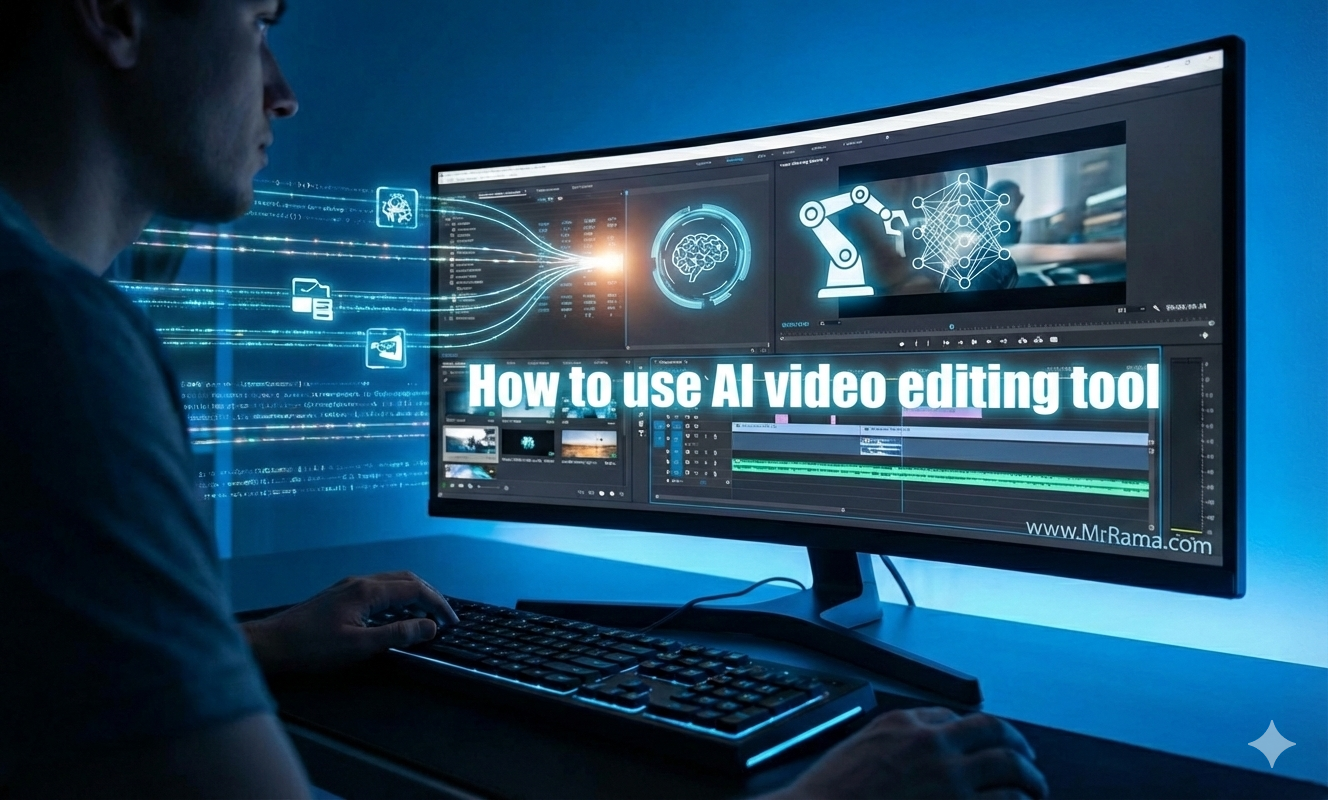Artificial Intelligence (AI) is rapidly transforming the automotive industry, enabling vehicles to become smarter, safer, and more efficient.
From autonomous driving to personalized in-car experiences and AI-driven manufacturing, the impact of AI technology is being felt across all facets of the industry.
In this article, we’ll explore the latest trends in AI for cars, highlight the countries leading the way in AI integration, and examine the benefits of AI technologies in the automotive sector

1. The Rise of Autonomous Vehicles (Self-Driving Cars)
One of the most groundbreaking applications of AI in the automotive industry is the development of autonomous vehicles. These cars use AI to analyze vast amounts of data from various sensors (LiDAR, radar, and cameras) and make real-time decisions for safe and efficient driving.
Trending Developments:
- Tesla: Known for its Autopilot system, Tesla is at the forefront of AI-based autonomous driving. Tesla vehicles can navigate highways, change lanes, park, and even recognize traffic signals using advanced AI algorithms.
- Waymo (Google): Waymo has developed fully autonomous cars that can operate without any human intervention. Their AI system processes input from multiple sensors to make complex decisions in a variety of driving environments.
- Cruise (General Motors): Cruise is another major player, focusing on AI-powered autonomous vehicles for urban environments.
While full autonomy (Level 5) is still in development, several companies are offering Level 2 and Level 3 autonomous features, where the car can handle most driving tasks, but the driver needs to be ready to take control at any time.
2. AI-Enhanced Driver Assistance Systems (ADAS)
Advanced Driver Assistance Systems (ADAS) are designed to enhance vehicle safety and driving comfort. AI plays a central role in enabling these features, from basic functions like lane-keeping assist to more advanced technologies like collision avoidance and adaptive cruise control.
Key AI-Powered Features:
- Lane-Keeping Assist: AI-powered systems monitor road markings and help the driver stay within the lane.
- Automatic Emergency Braking (AEB): AI can detect potential collisions with other vehicles or pedestrians and automatically apply the brakes to prevent accidents.
- Traffic Jam Assist: AI helps cars navigate through slow-moving traffic by controlling acceleration, braking, and steering.
3. AI for Personalization and In-Car Experiences
AI is not only improving driving safety but also enhancing the in-car experience. In-car AI systems are now capable of personalizing entertainment, climate control, and even navigation based on user preferences.
Key Innovations:
- AI-Powered Personal Assistants: Systems like Apple CarPlay, Google Assistant, and Amazon Alexa have integrated AI to allow drivers to control navigation, music, calls, and more with voice commands.
- Personalized Climate Control: AI can learn individual preferences for temperature and air quality and adjust the cabin settings automatically.
- Predictive Navigation: AI-driven navigation apps can analyze traffic conditions, driver preferences, and past routes to suggest the fastest or most fuel-efficient routes.
4. AI in Automotive Manufacturing
AI is increasingly used in vehicle manufacturing, where it optimizes everything from design and production processes to supply chain logistics.

Key Trends:
- Generative Design: AI algorithms help manufacturers create lightweight and efficient vehicle parts by analyzing different design parameters and simulating real-world performance.
- Quality Control and Inspection: AI-driven vision systems inspect every component for quality, reducing human error and increasing precision.
- Supply Chain Optimization: AI helps manufacturers manage inventories and predict the demand for certain parts, improving overall efficiency in the production process.
5. AI in Electric Vehicles (EVs)
As the world shifts towards electric vehicles (EVs), AI is playing an essential role in improving the performance and efficiency of EVs, especially in battery management systems.
Benefits of AI in EVs:
- Battery Management: AI-powered systems monitor battery health, optimize charging cycles, and predict the remaining lifespan of the battery, ensuring better performance and longer life.
- Smart Charging Networks: AI helps optimize charging infrastructure by predicting usage patterns and determining the best locations for charging stations, reducing wait times and improving user convenience.
6. AI and Car Cybersecurity
As cars become increasingly connected, they also face new cybersecurity challenges. AI is playing a critical role in protecting connected vehicles from cyber threats.
AI-Based Security:
- Real-Time Threat Detection: AI systems analyze the behavior of in-car networks and identify anomalies that might indicate a cybersecurity threat, such as hacking attempts or malware.
- Over-the-Air (OTA) Updates: AI is also used to push security patches and software updates to vehicles remotely, keeping them protected from new vulnerabilities without the need for a service visit.
Country-wise Adoption of AI in the Automotive Industry
AI technologies are not just a futuristic concept—they are already being implemented in the automotive industry around the globe. Let’s take a look at how different countries are adopting AI and the impact it’s having on their automotive sectors.
United States
The U.S. is one of the leaders in AI-driven automotive technologies. Silicon Valley is home to major AI innovations, particularly in the field of autonomous driving. Companies like Tesla, Waymo, and Cruise are testing and deploying autonomous vehicles on public roads. The U.S. also leads in AI-powered driver assistance systems and connected car technology.
Key Benefits:
- Faster adoption of autonomous and semi-autonomous driving technologies.
- Improved vehicle safety through ADAS.
- AI-powered electric vehicle innovations.
Germany
Germany, with its strong automotive heritage (home to giants like Volkswagen, BMW, and Mercedes-Benz), has been aggressively incorporating AI into vehicle design, manufacturing, and driver assistance systems.
Key Benefits:
- AI for predictive maintenance in manufacturing.
- AI-driven mobility services like car-sharing and ride-hailing in cities.
- Advanced autonomous driving systems in high-end luxury vehicles.
China
China is rapidly emerging as a major player in AI and the automotive sector. The country has integrated AI into both vehicle manufacturing and smart city infrastructure. Baidu, NIO, and XPeng are among the leading Chinese companies developing autonomous vehicles and intelligent driving systems.
Key Benefits:
- Development of smart cities with AI-powered traffic management and vehicle-to-everything (V2X) communication.
- China’s focus on AI-based EVs and green transportation aligns with its environmental goals.
- Rapid deployment of AI-powered shared mobility services.
Japan
Japan has long been a pioneer in automotive technologies, and AI is no exception. Japanese automakers like Toyota, Honda, and Nissan are leading the charge in incorporating AI into both vehicle design and intelligent transportation systems.
Key Benefits:
- Strong focus on AI in electric and hydrogen fuel cell vehicles.
- AI for improving manufacturing efficiency (e.g., robotics and automated systems).
- Development of AI-driven in-car experiences and voice assistants for a more personalized user experience.
South Korea
South Korea, home to global car manufacturers like Hyundai and Kia, is embracing AI in the development of autonomous cars, AI-powered safety systems, and connected car technologies. The country is also a leader in integrating AI and 5G technology to enable smart cities and connected vehicles.
Key Benefits:
- Smart city technologies using AI to reduce traffic congestion and improve road safety.
- Extensive use of AI-powered in-car entertainment and navigation systems.
- AI-driven predictive maintenance and real-time vehicle diagnostics.
Benefits of AI in the Automotive Industry
The integration of AI in cars offers numerous advantages for both consumers and the automotive industry:
- Increased Safety: AI-powered systems reduce human error, helping prevent accidents through advanced driver assistance and real-time decision-making.
- Enhanced Efficiency: AI optimizes routes, manages energy use in electric vehicles, and streamlines manufacturing processes, resulting in lower costs and better resource allocation.
- Personalization: AI tailors in-car experiences, adjusting everything from climate control to driving modes based on individual preferences.
- Sustainability: AI helps develop energy-efficient vehicles and smarter transport solutions, contributing to reduced emissions and cleaner cities.
- Improved Connectivity: AI enables vehicles to communicate with other vehicles, infrastructure, and smart city systems, creating safer and more efficient roadways.
Conclusion
AI is no longer a futuristic dream in the automotive industry—it’s a present-day reality that’s transforming how vehicles are designed, manufactured, and driven.
From autonomous driving and personalized in-car experiences to AI-powered manufacturing and car cybersecurity, the automotive sector is being reshaped by this powerful technology.
As different countries race to harness AI’s potential, the future promises even smarter, safer, and more efficient vehicles, paving the way for a new era of intelligent mobility.




